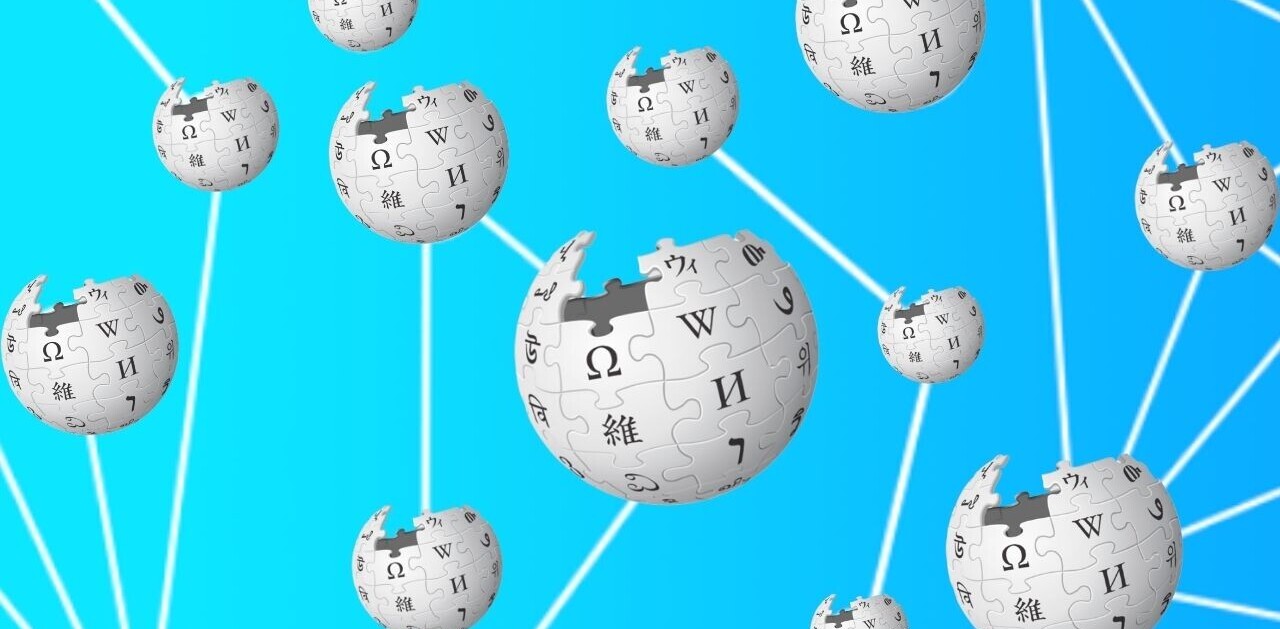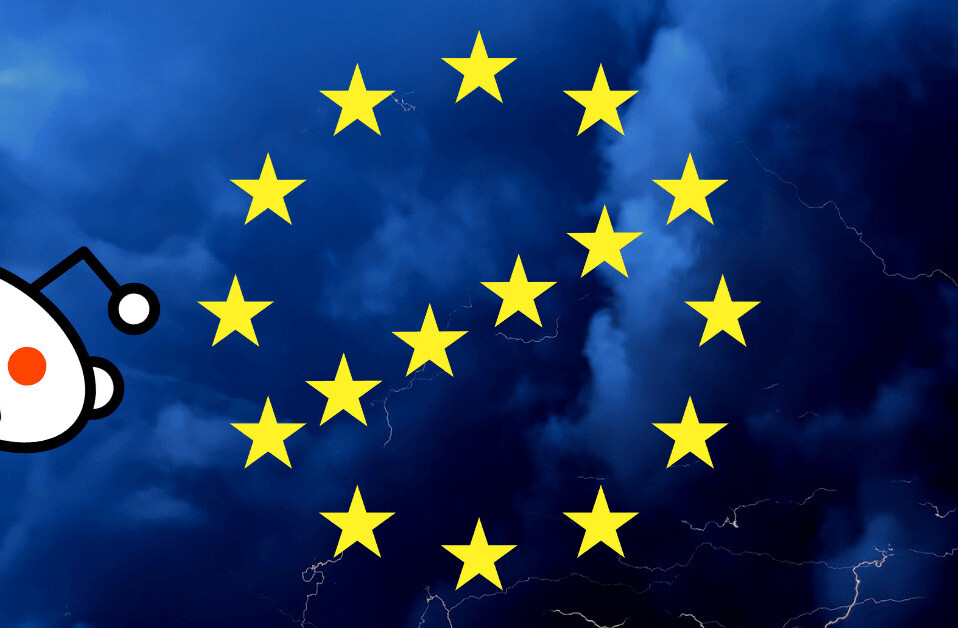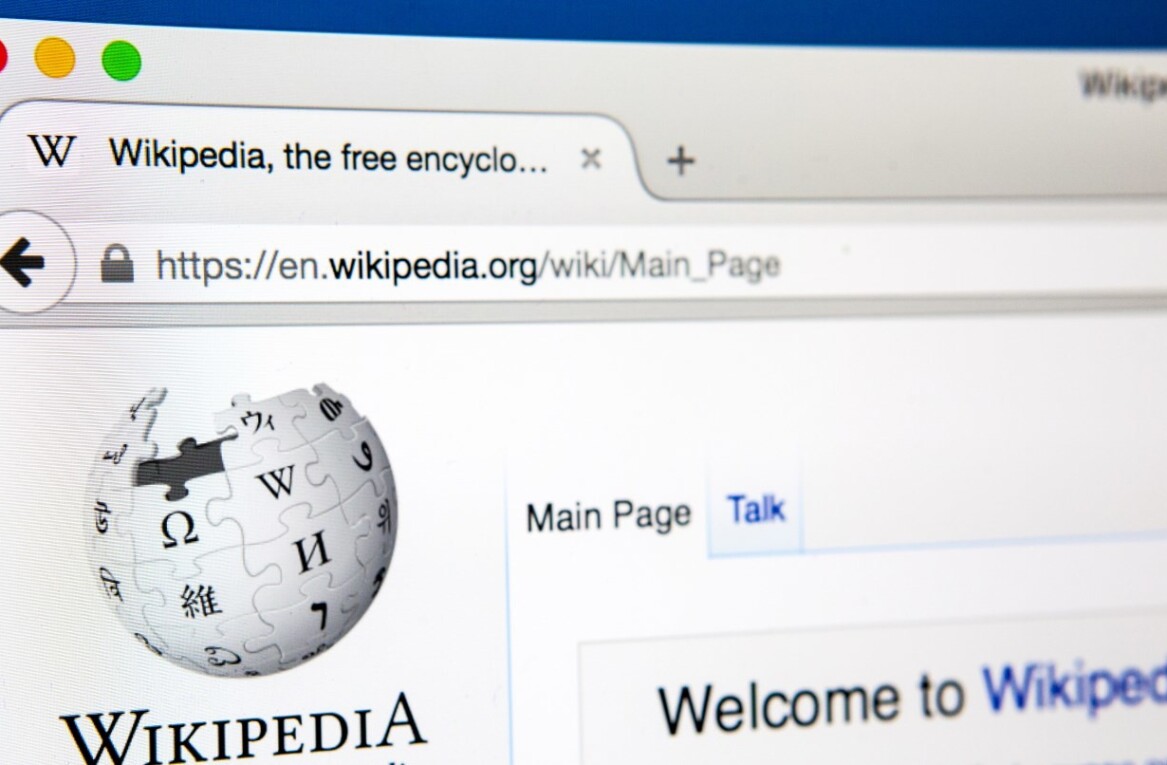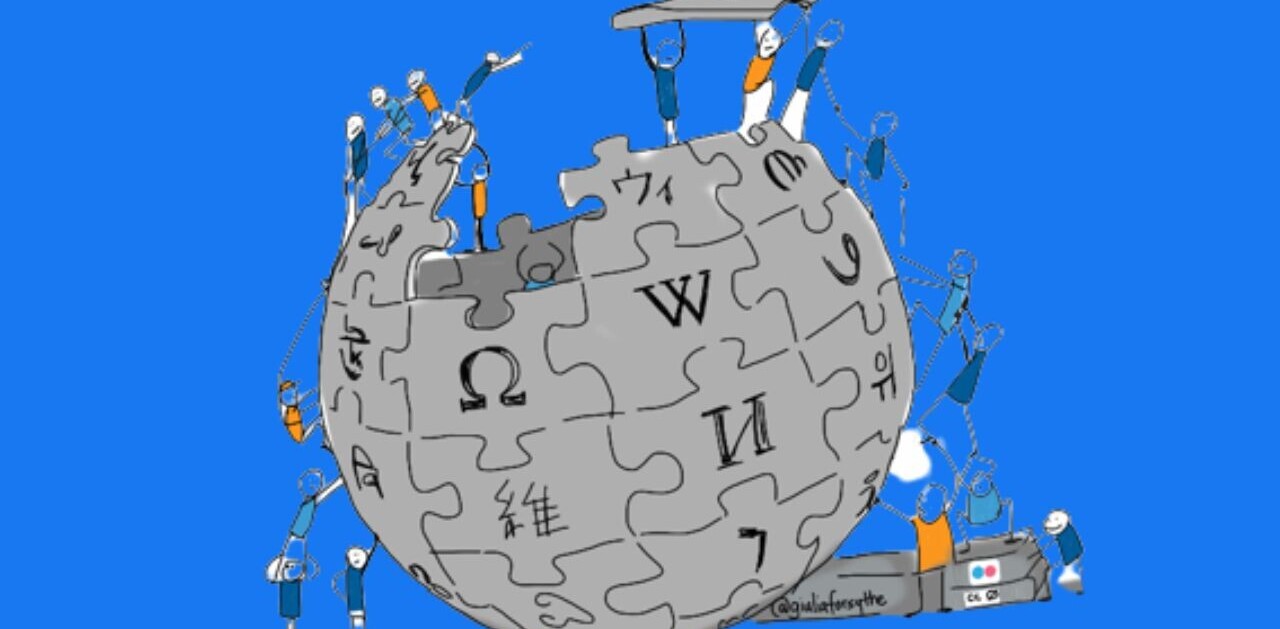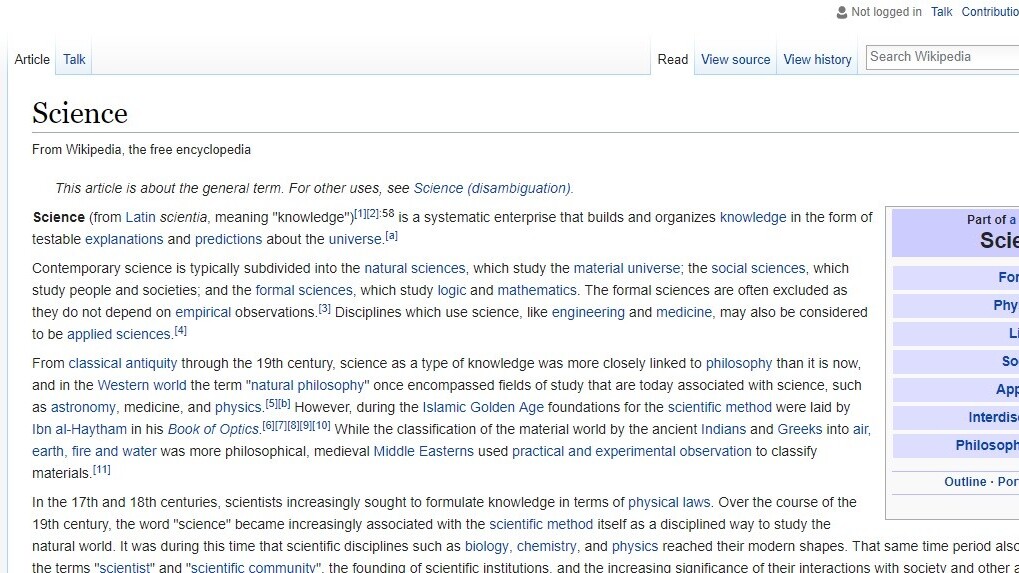
It turns out Wikipedia is a pretty good source for scientists, even if your biology professor won’t accept it for your term papers. Researchers at MIT and the University of Pittsburgh today released a paper that shows a direct correlation between information made available on Wikipedia and how likely that work is to be referenced in future scientific literature.
The core of the researchers’ quest was to determine whether or not a large and easily accessible repository, like Wikipedia, provided a tangible benefit to researchers. The results clearly indicated that it does.
Professor Neil C. Thompson, of the Sloan School at MIT said in a press release:
Our research shows that scientists are using Wikipedia and that it is influencing how they write about the science that they are doing. Wikipedia isn’t just a record of what’s going on in science, it’s actually helping to shape science.
In order to determine this, they conducted an experiment where they took a large number of scholarly articles and split them in half. One portion they posted to Wikipedia while the other was withheld. After a period of saturation they were able to determine that the Wikipedia articles not only influenced works published after they were created, but the rate at which the effect occurred was one in every 200 words.
The researchers acknowledged the challenges involved with the study as well; they weren’t able to use traditional methods of gathering data because most academics won’t cite Wikipedia as a source.
MIT University standards even warn students that it’s unacceptable to use Wikipedia as anything more than a source for “common knowledge.”
Perhaps the most important conclusion from the research comes in the form of proving that accessibility is everything. When information is posted to a source that even underdeveloped nations have access to – as opposed to relying on government programs or University – the benefits are measurable within months.
While the status quo may remain to publish papers in journals that exist behind pay-walls, it’s clear that we all benefit when research is shared. The currency of science is information and this study represents proof that a rising tide lifts all ships.
Get the TNW newsletter
Get the most important tech news in your inbox each week.
